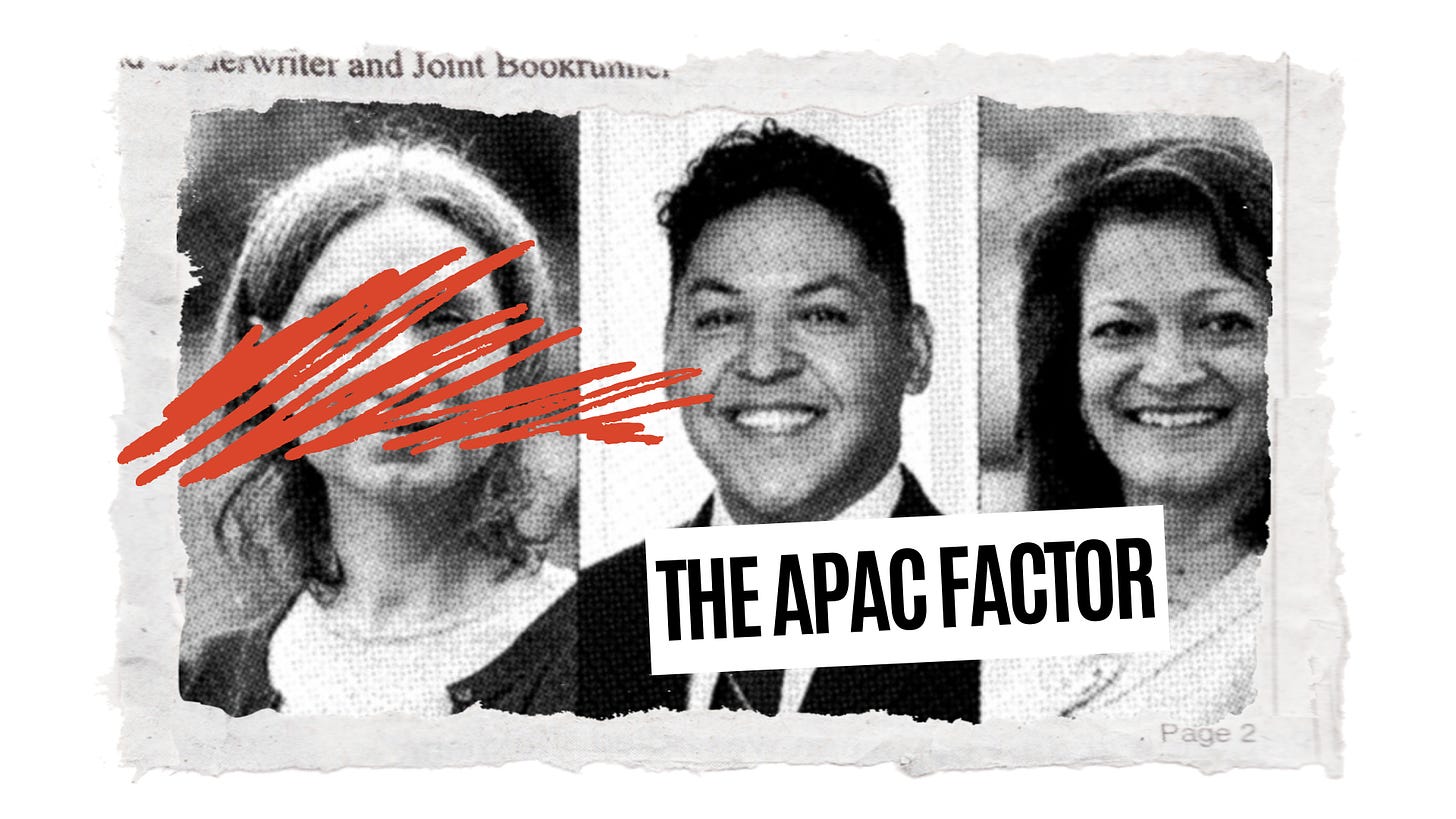
In a political landscape often shrouded in secrecy, two Oregon Congressional candidates, Susheela Jayapal and Eddy Morales, recently shed light on a troubling revelation. At a joint press conference, they accused their opponent, Maxine Dexter, of receiving undisclosed funds from a super PAC, 314 Action, allegedly tied to far-right interests. This accusation, though initially lacking evidence, set off a chain of events that unveiled a web of dark money and political influence.
Dexter, a state representative and local doctor, vehemently denied these claims, citing her record of progressive values and integrity. However, investigative efforts by journalists revealed a different narrative. A report by The Intercept highlighted ties between Dexter's campaign and the American Israel Public Affairs Committee (AIPAC), a pro-Israel lobbying group known for its significant political influence.
According to The Intercept's findings, AIPAC had been quietly supporting Dexter's campaign through 314 Action, a super PAC known for backing candidates with a science background. This covert support was brought to light when donors to Dexter's campaign were traced back to AIPAC, indicating a coordinated effort to fund her candidacy.
This connection was too consistent to be mere coincidence. Moreover, a whistleblower from within 314 Action, disillusioned by the super PAC's deviation from its original mission, confirmed that APAC was indeed orchestrating this funding strategy.
In response to the mounting evidence, both Dexter and 314 Action have maintained their innocence, emphasizing compliance with all legal requirements. However, the stark increase in Dexter’s campaign funds in the final stretch of the race, coupled with the detailed donor overlap, paints a troubling picture of hidden influences in the electoral process.
The involvement of AIPAC in Dexter's campaign raises concerns about the transparency and integrity of the political process. By channelling funds through 314 Action, AIPAC attempted to conceal its support, undermining the principles of fair and transparent elections. This revelation also highlights the broader issue of dark money in politics, where undisclosed funds can influence election outcomes without public scrutiny.
In response to these revelations, Dexter and 314 Action have denied any wrongdoing, emphasizing their compliance with campaign finance laws. However, questions remain about the true extent of AIPAC's influence and the need for greater transparency in political fundraising.
As the Oregon Congressional race unfolds, the spotlight on dark money and political influence grows brighter. Voters are increasingly aware of the hidden forces shaping their elections, demanding accountability and transparency from their candidates. The outcome of this race may not only determine a congressional seat but also set a precedent for how dark money is addressed in future elections.



